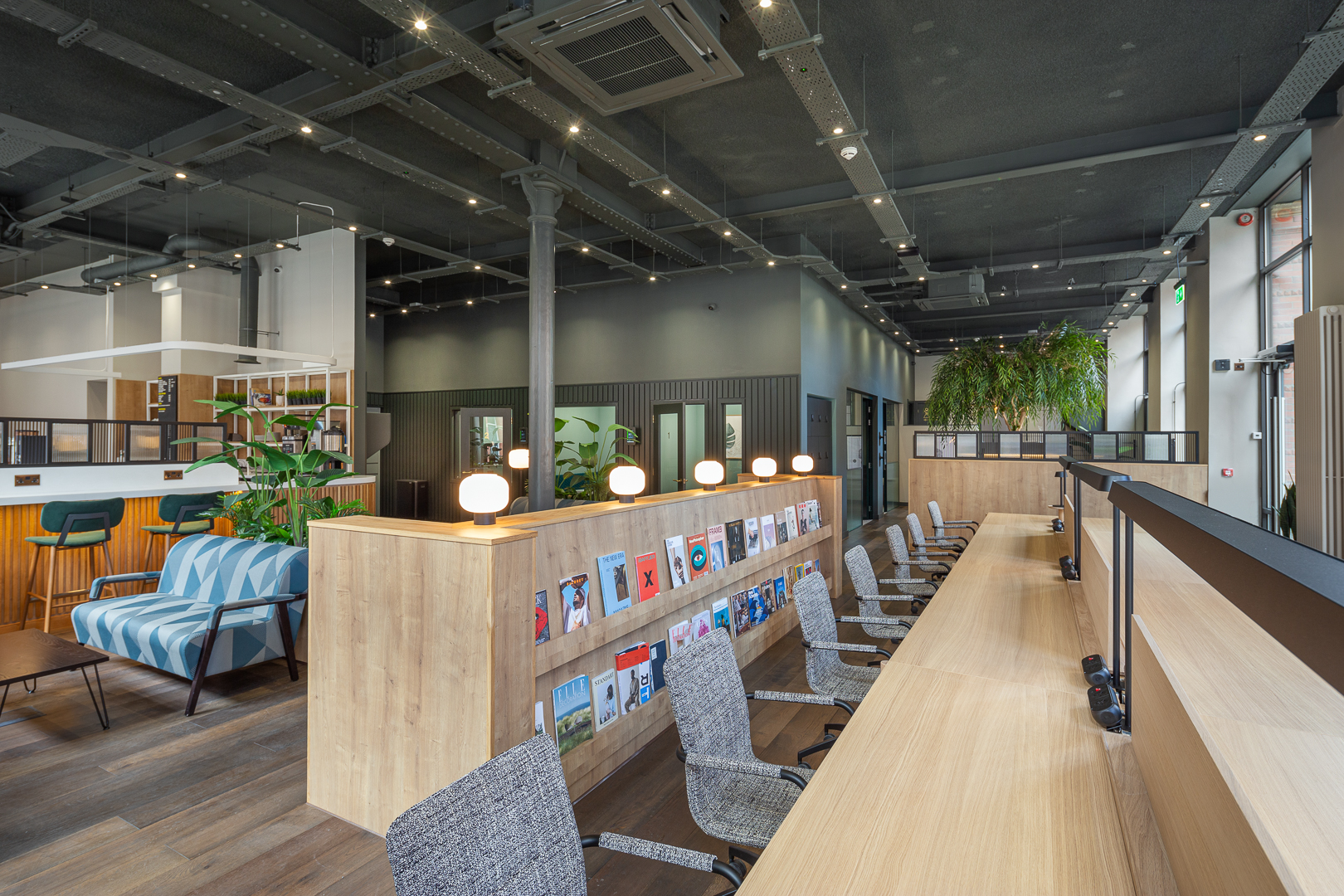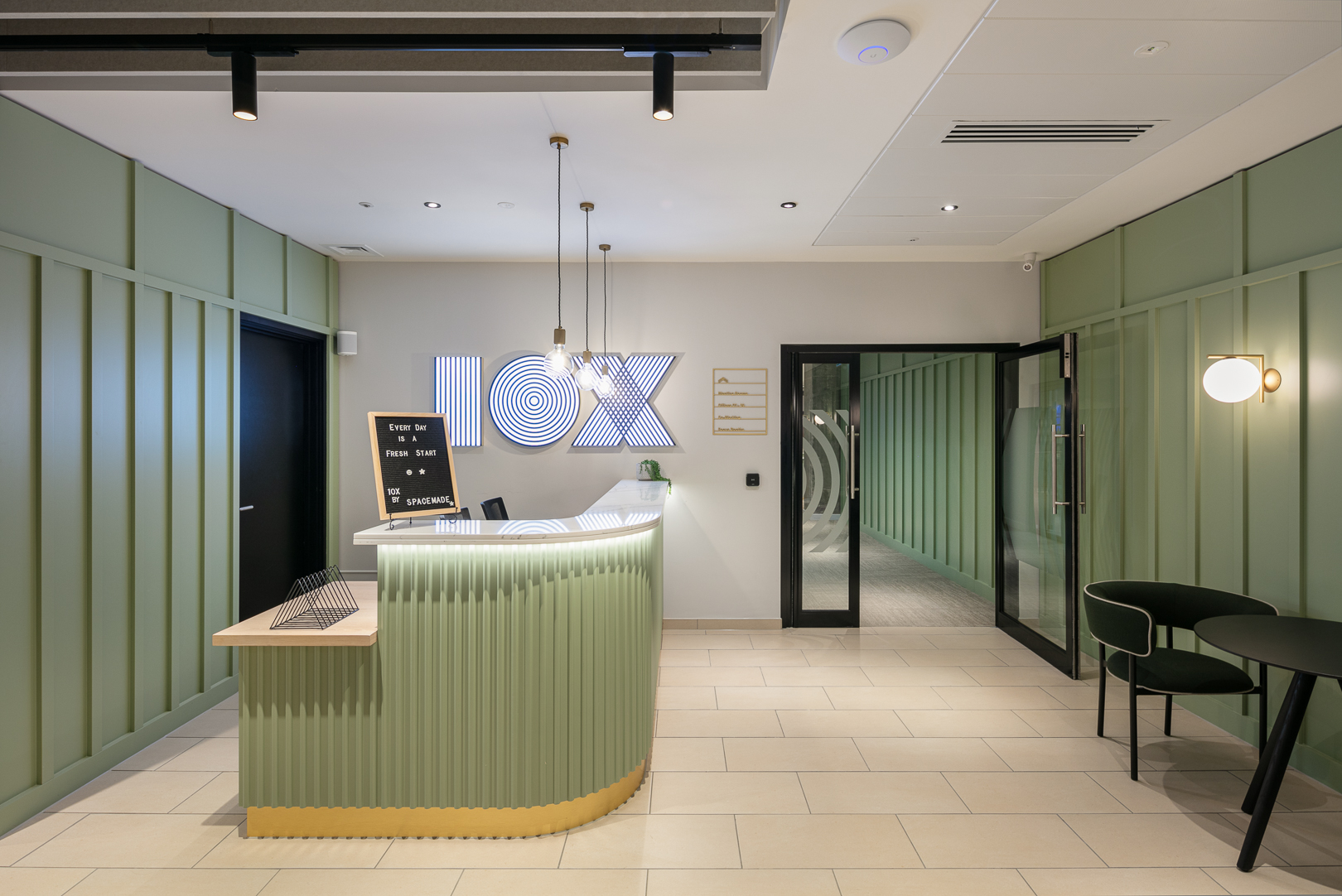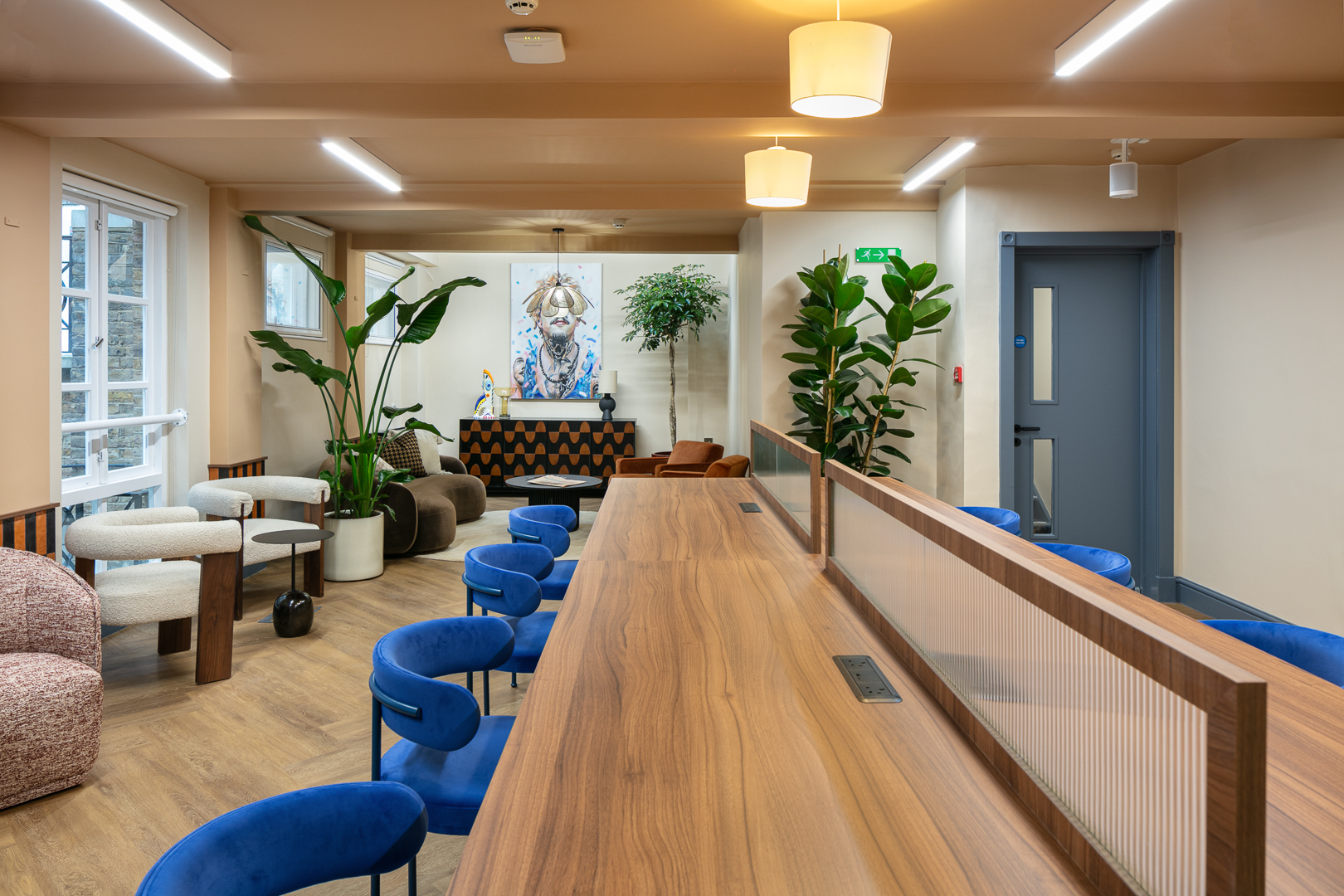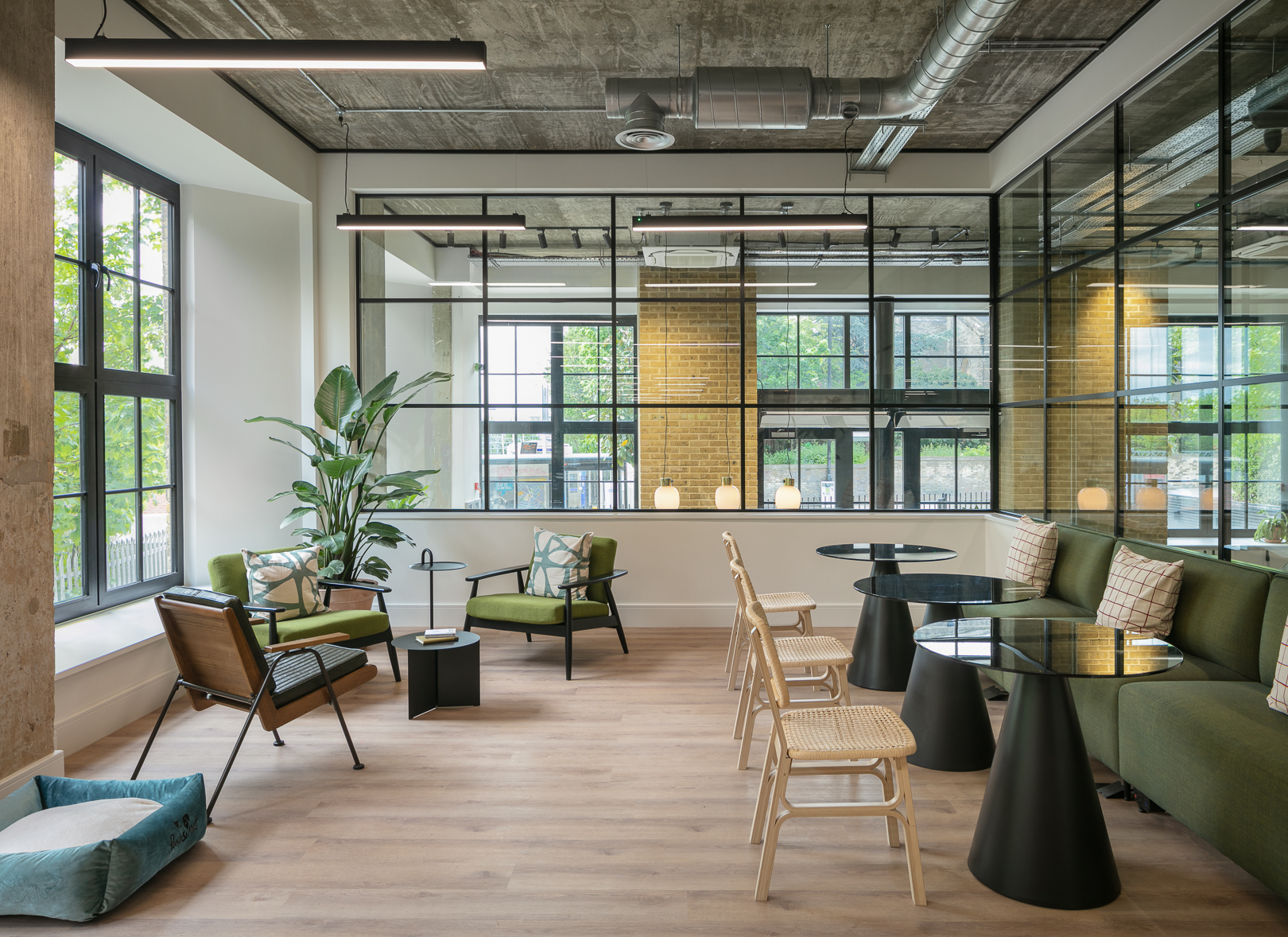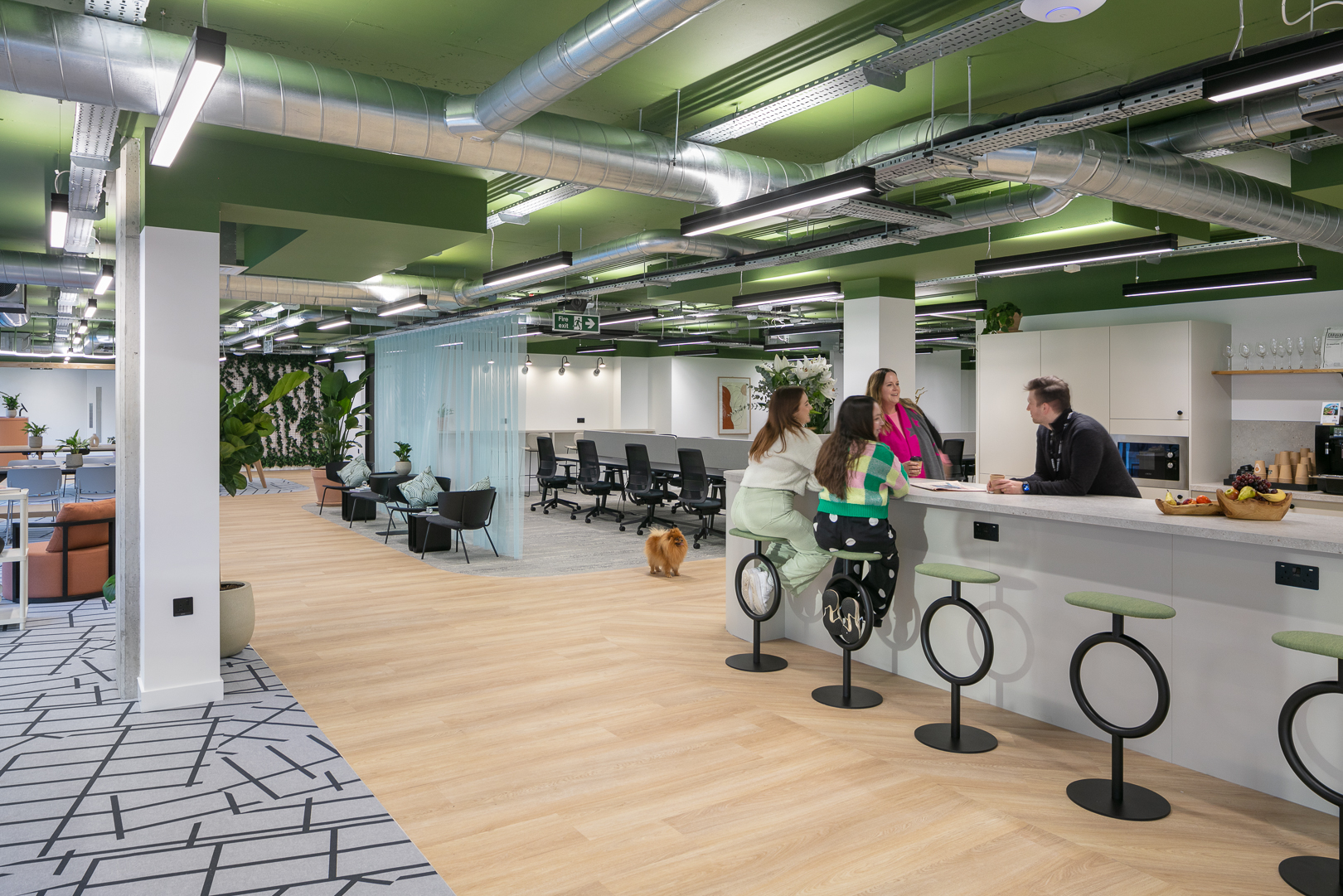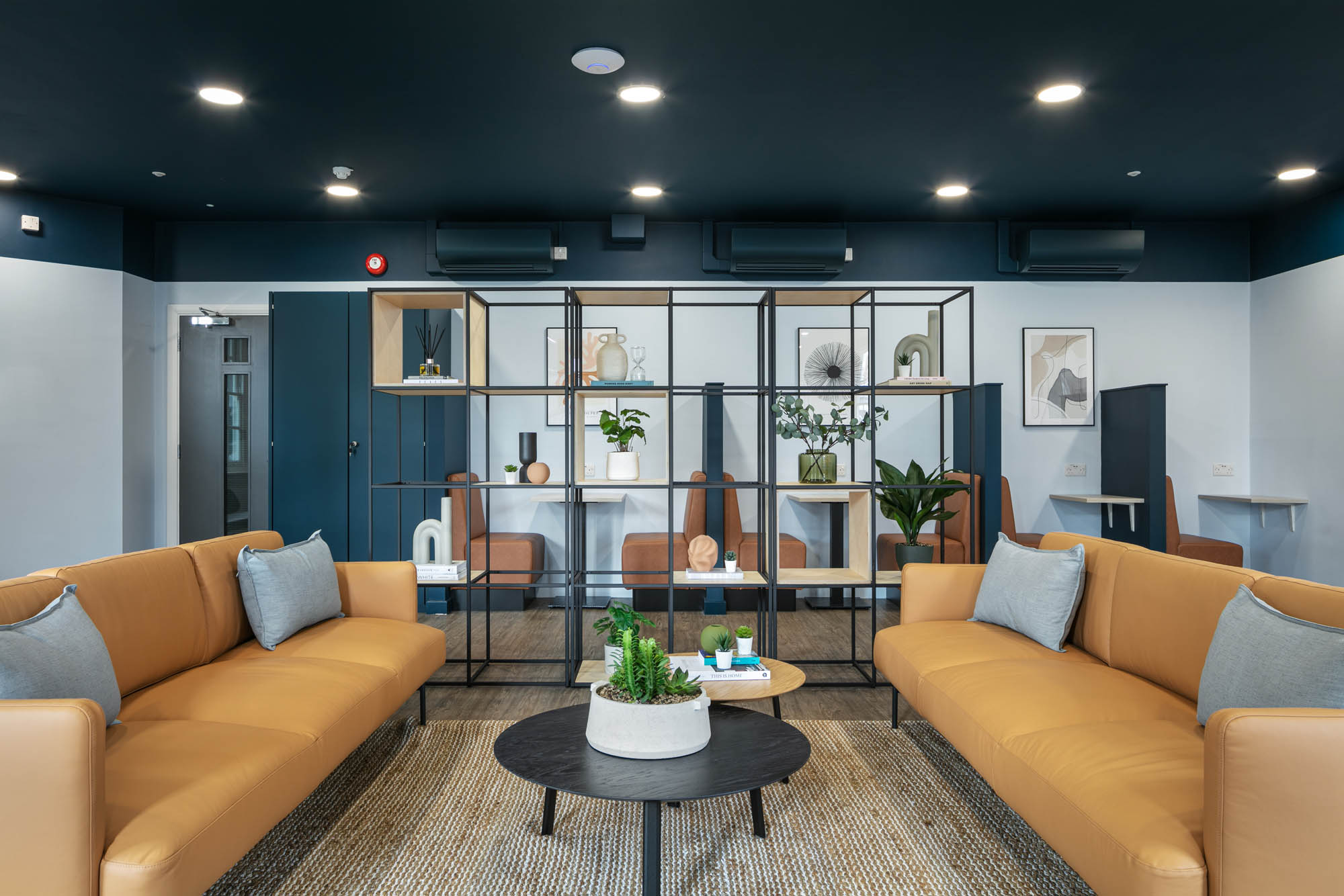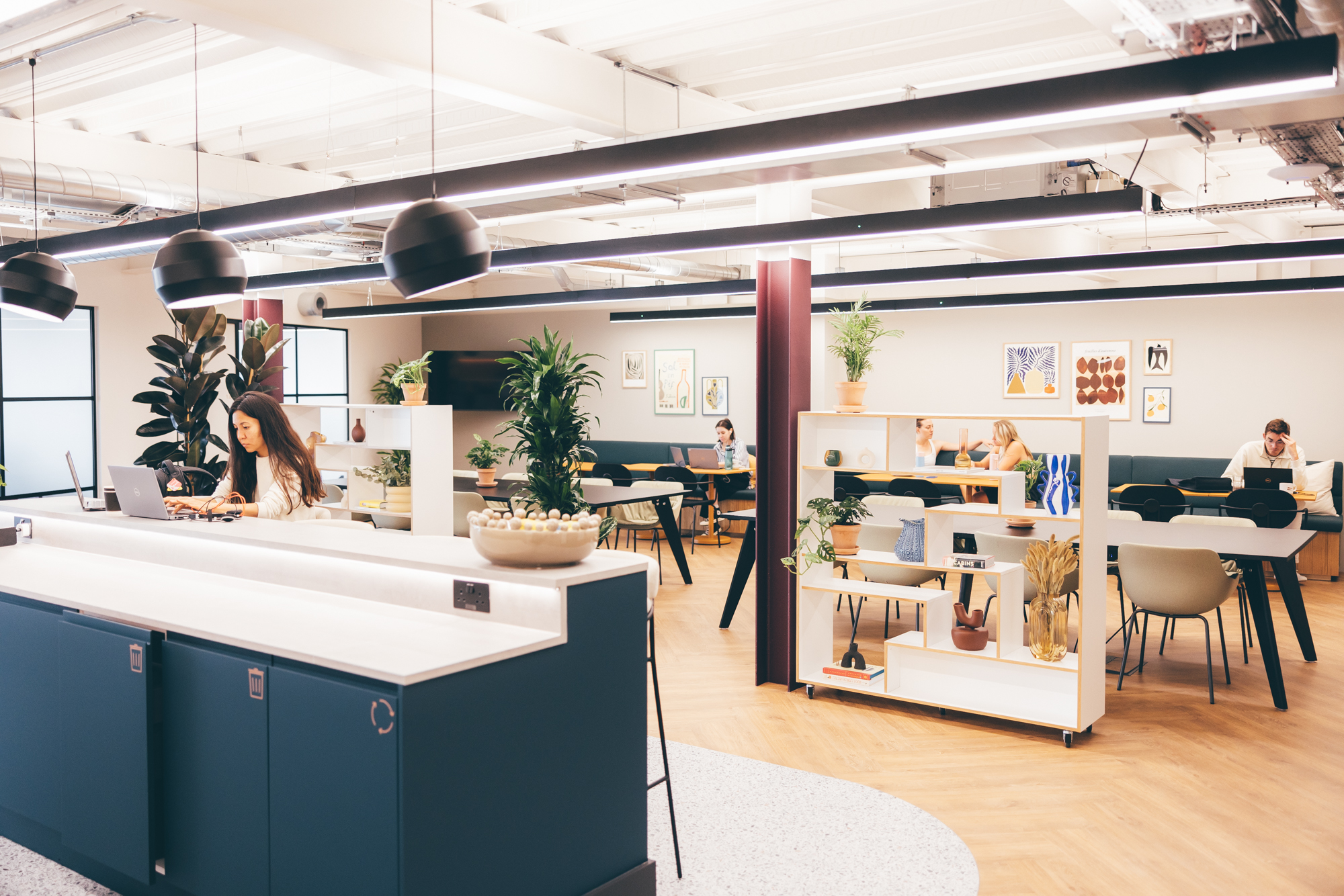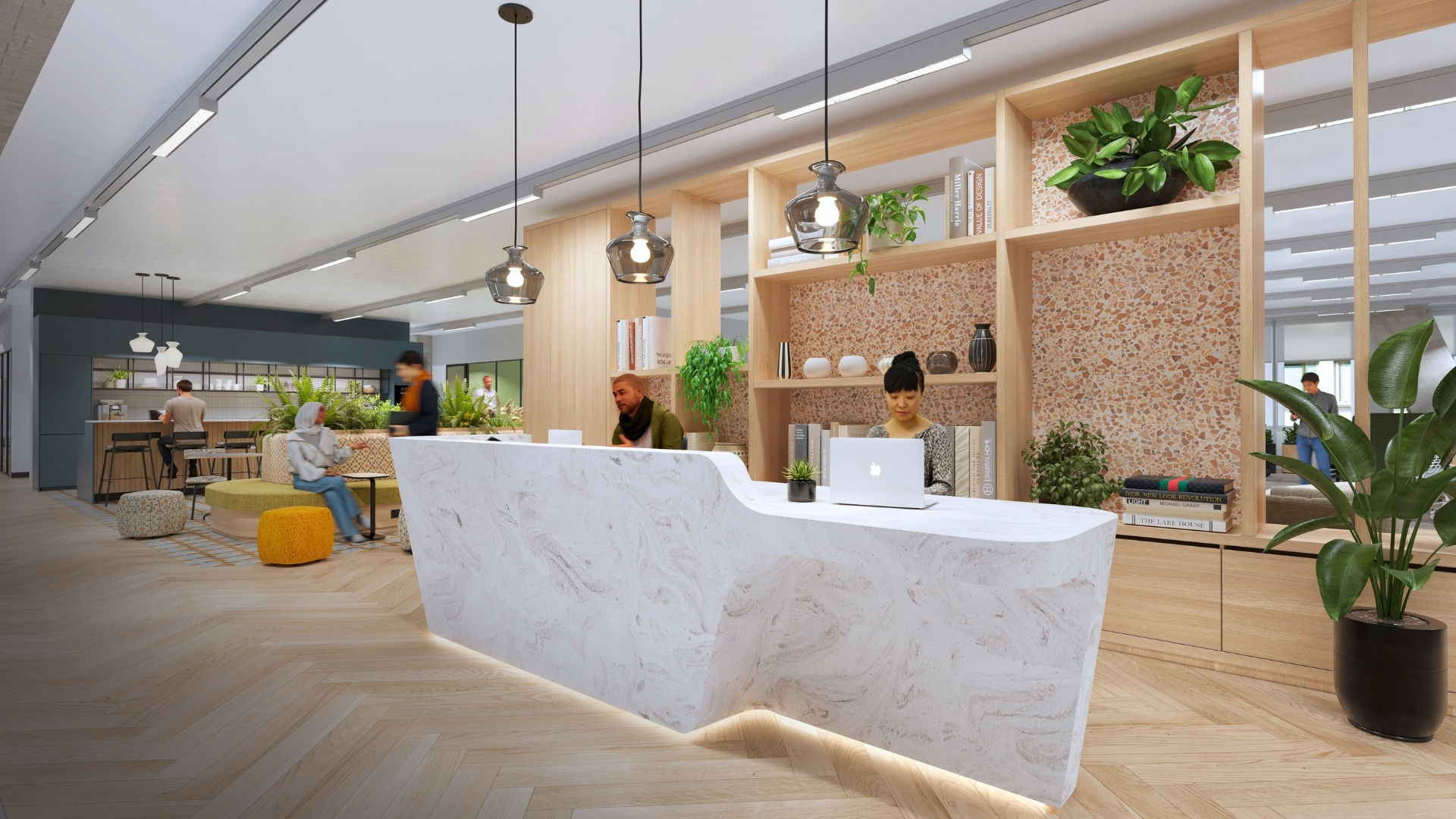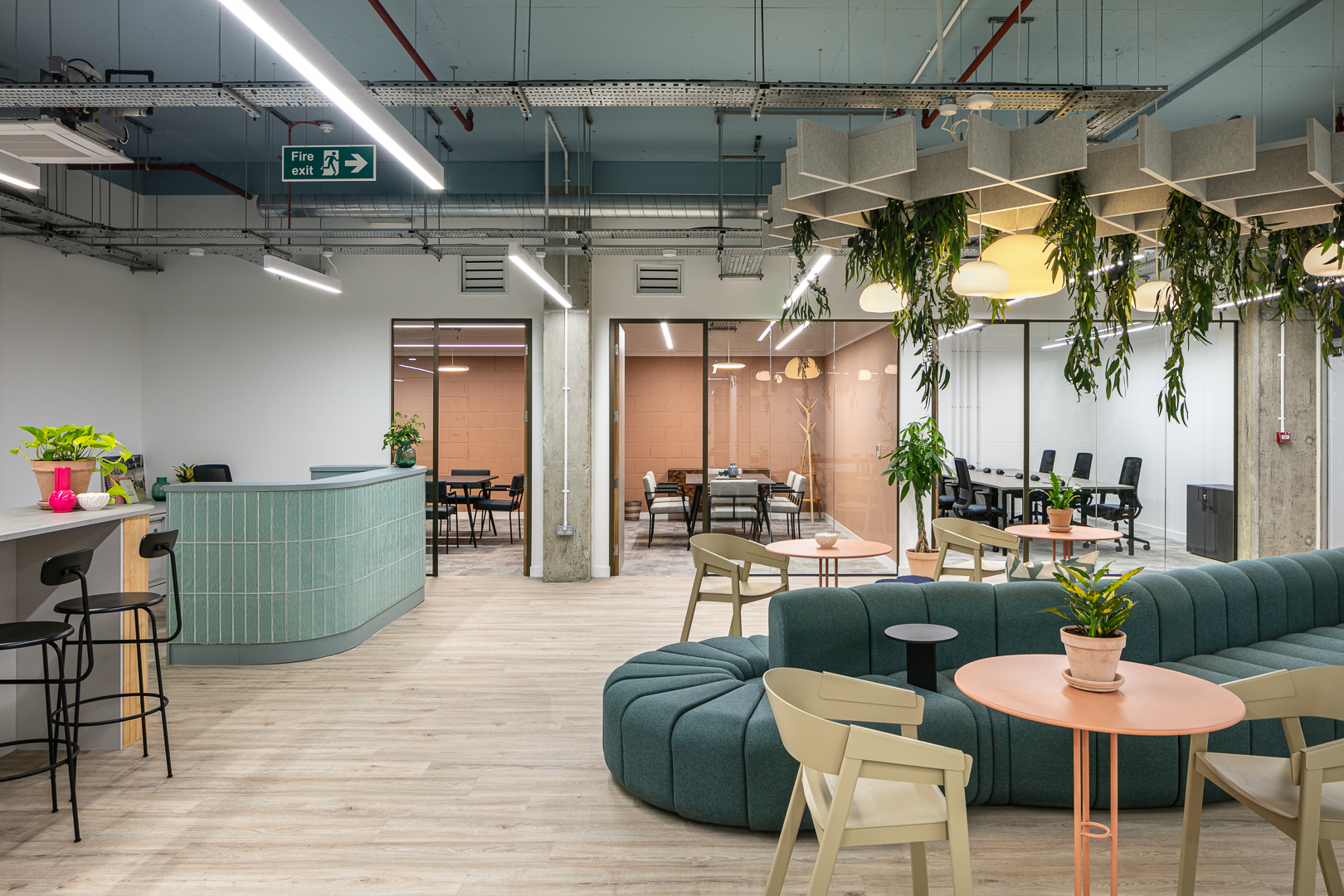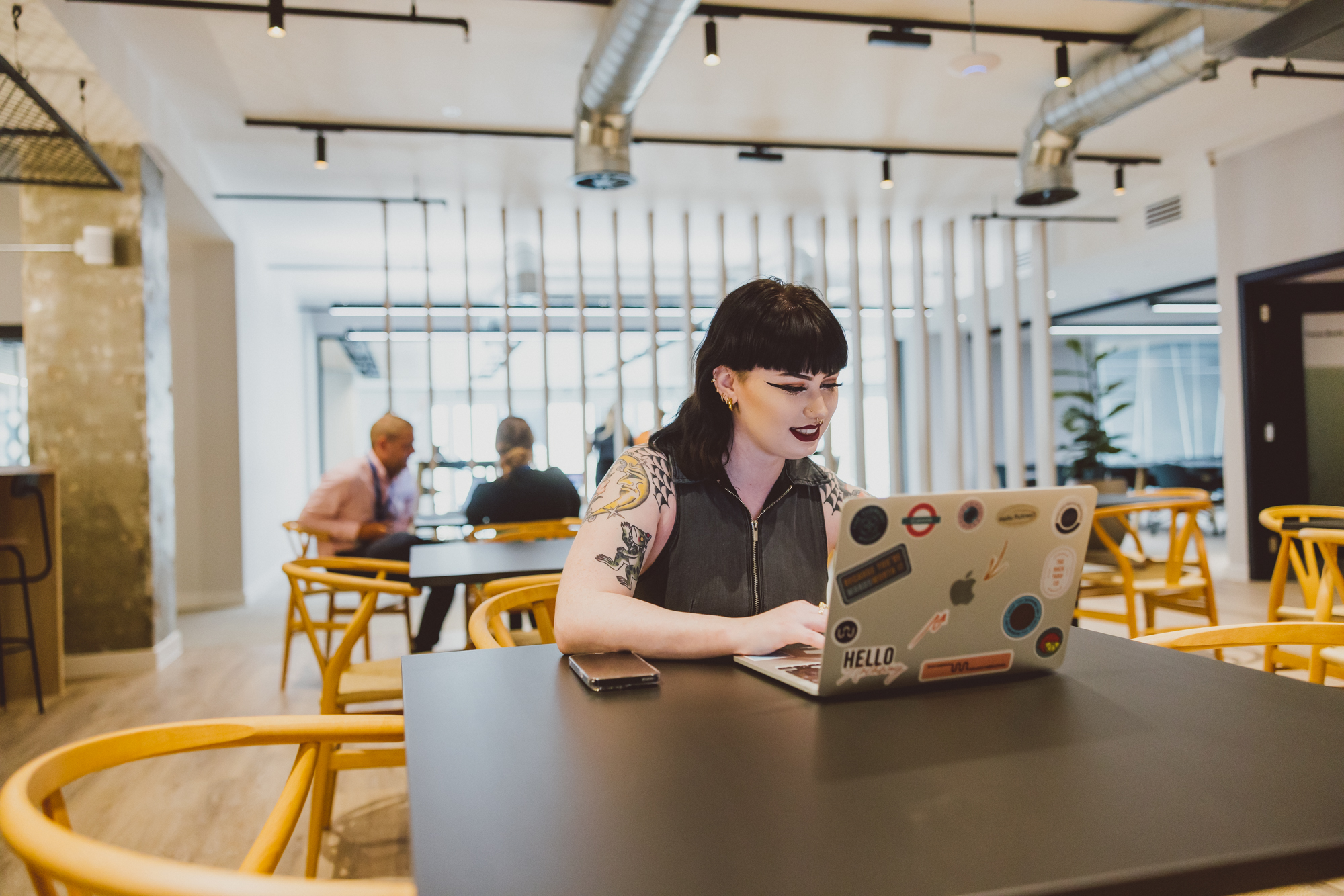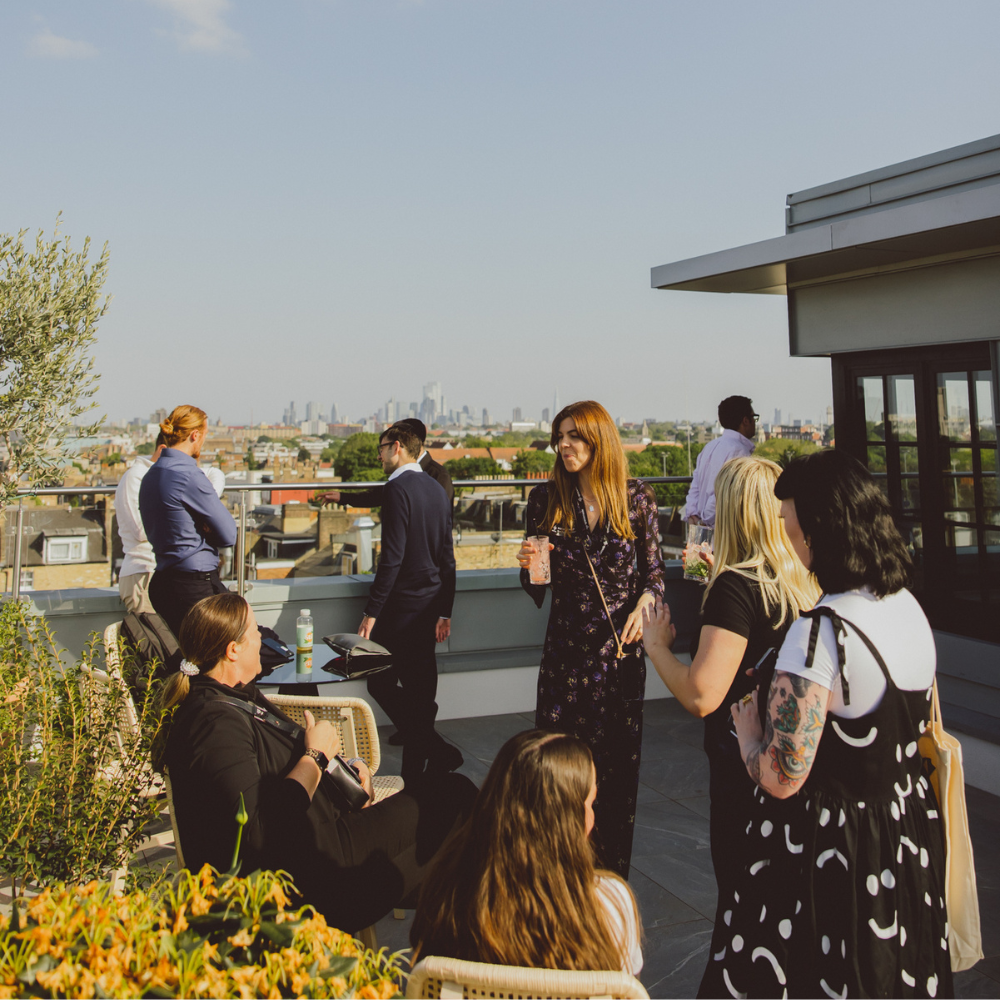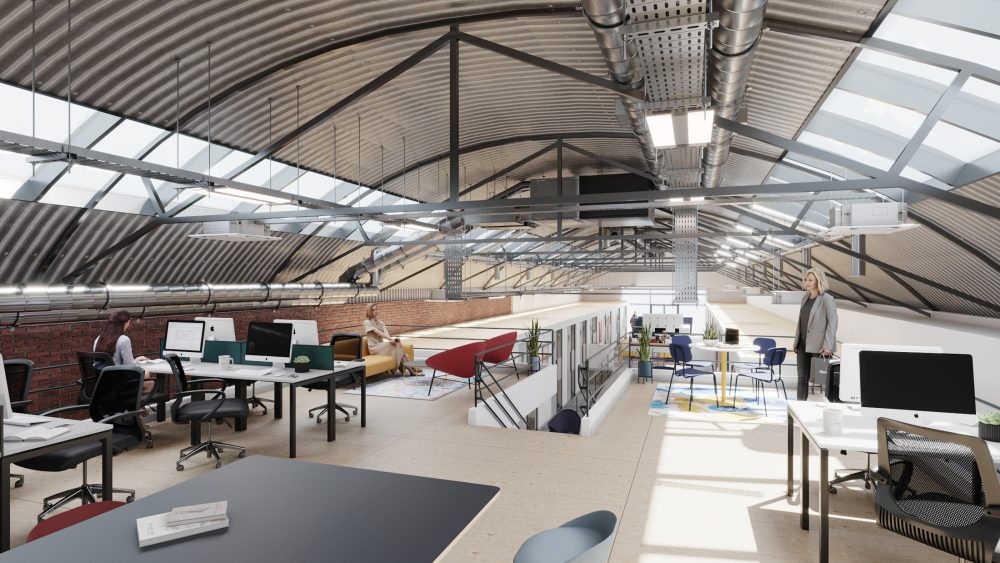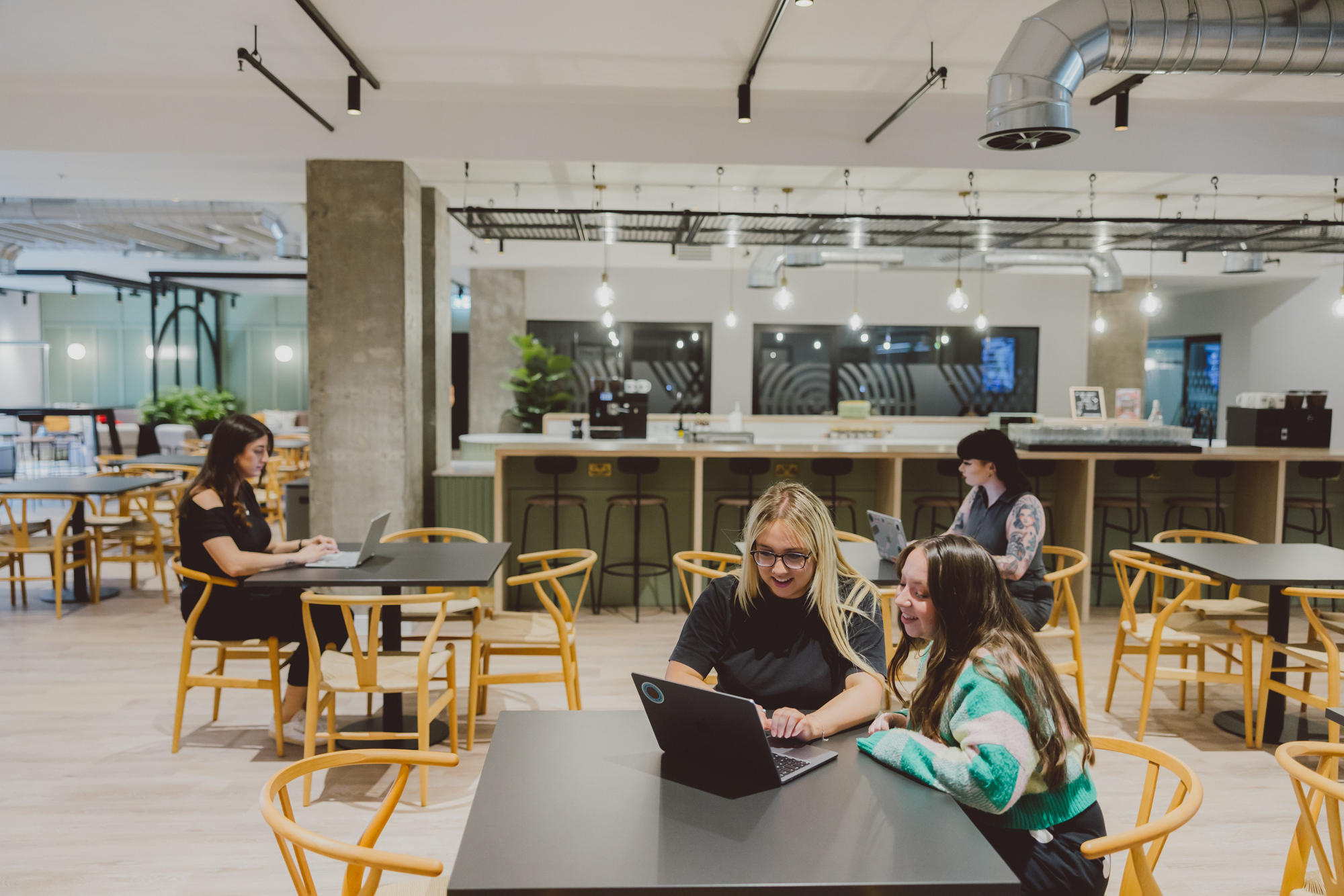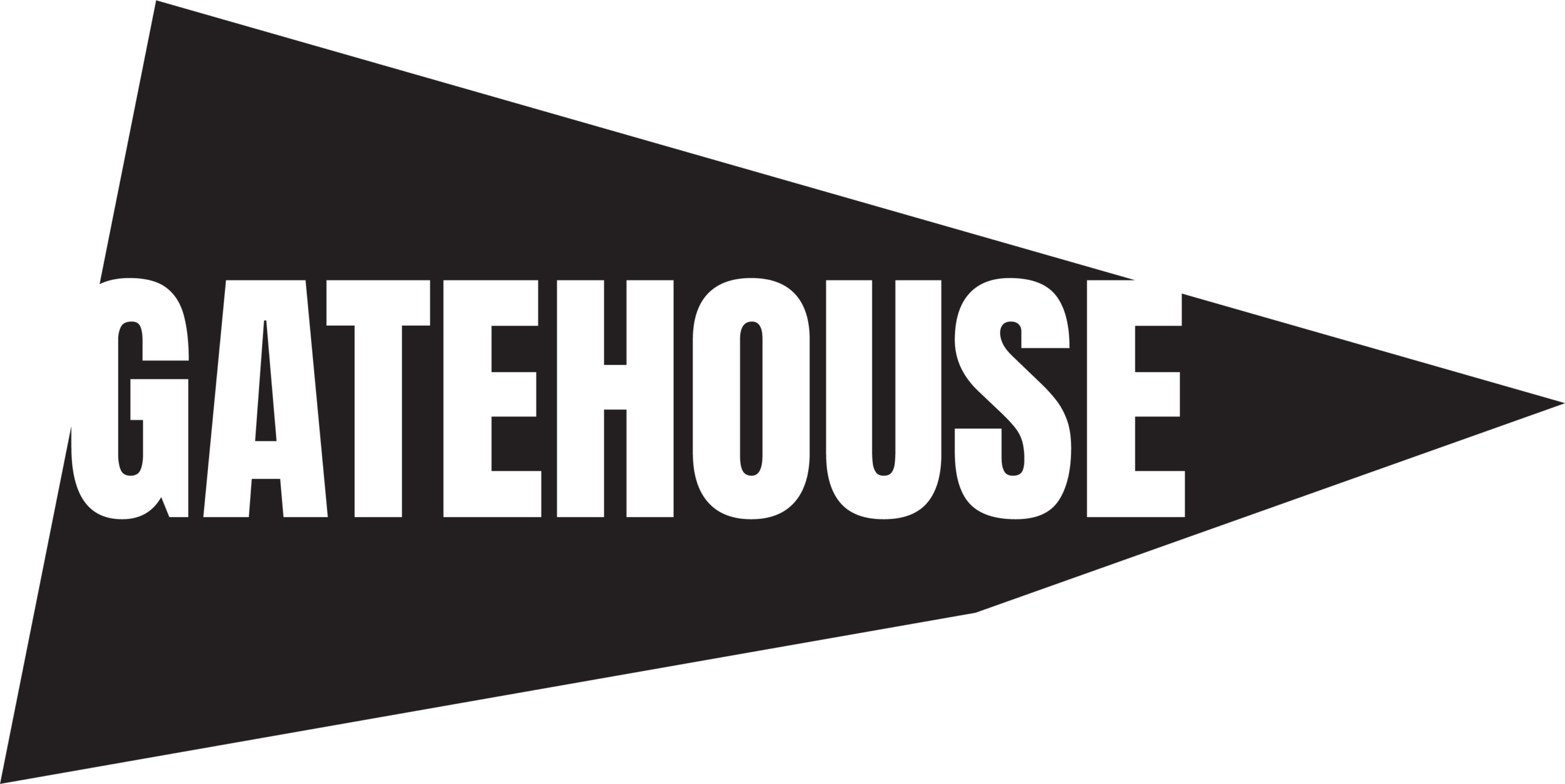
On-demand office space is the future – and the July heatwave proves it
By Jonny Rosenblatt
This week’s heatwave should be taken as a burning message for landlords.
On Monday and Tuesday, when London experienced record-breaking temperatures, direct bookings for day passes at our flexible spaces surged 132% compared to the previous week as non-members looked to escape to a well air-conditioned, comfortable space. Of course, it also helped that we had unlimited free iced coffees and fresh fruit once they got there.
This is no freak anomaly. It merely demonstrates what we at Spacemade are already noticing: that people nowadays want space on demand, as and when they need it. And not just that but space that actually meets their needs.
During the Tube strikes in March, we saw a 167% increase in day pass purchases at our “close-to-home” workspaces, compared to the same weekdays the month before. Anecdotally, we found these people were unable to commute into their offices – so were seeking out high-quality space near where they live rather than working from home for the day.
Landlords who are willing to embrace flexibility are reaping the financial rewards. They can now tap into a market of choice they haven’t been able to reach before. At Spacemade, this is exactly why we partner with landlords – to enable them to make the most of this shift.
The trend towards space-on-demand will only accelerate as life becomes more unpredictable and people seek out more and more flexibility. For example, economic uncertainties, such as a potential upcoming recession, are likely to push companies to seek out more flexible workspace options.
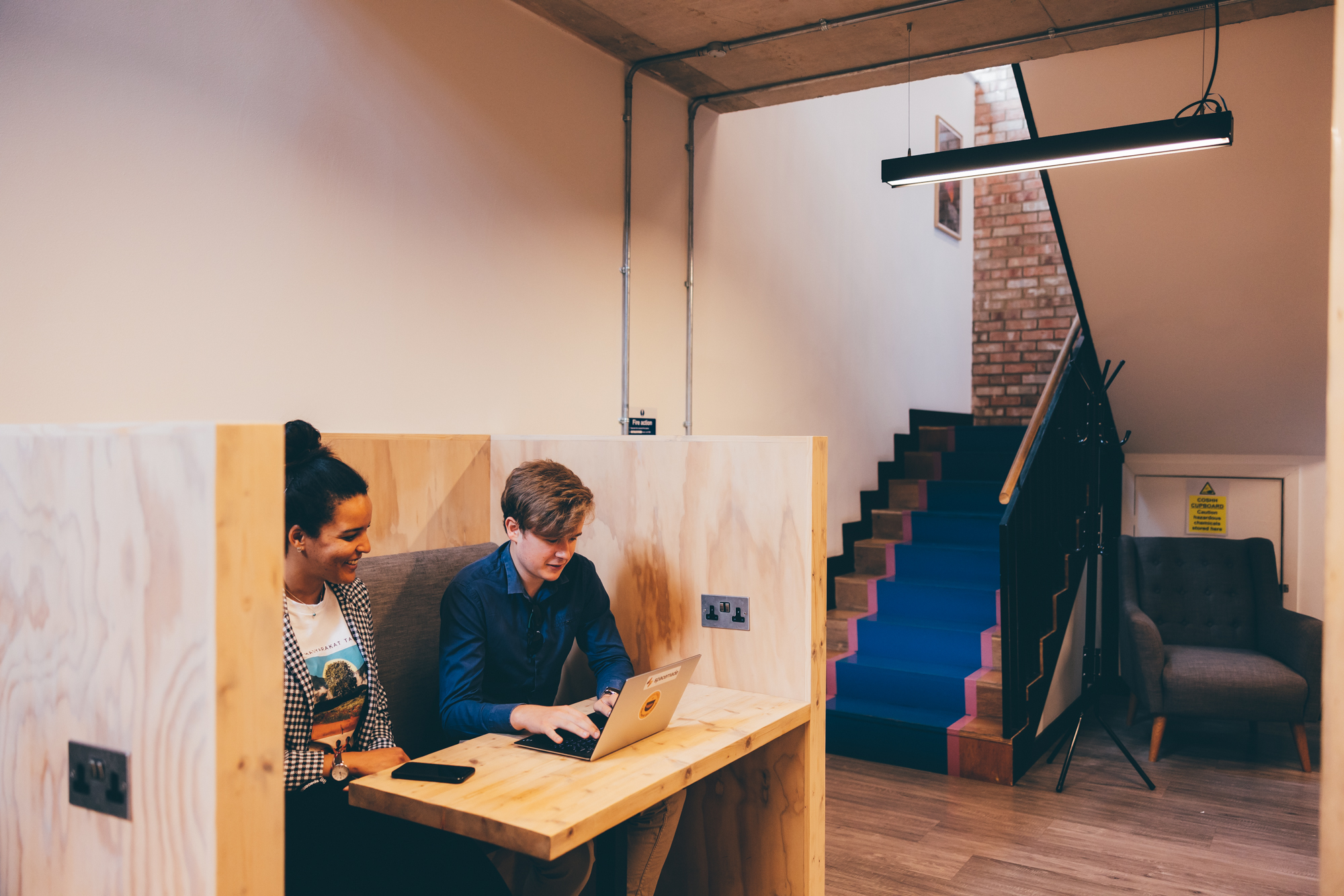
Our data backs up this shift. In Q1 22 the largest area of growth this year for Spacemade was in our most flexible membership categories (ie. 5 day and 10 day per month usage). However, in Q2 the biggest growth has been for unlimited plans and fixed desk membership. Fixed desk sign ups increased 125% from Q1 and unlimited plans sign-ups increased by 164%.
This suggests that occupiers who were trialling coworking in Q1 are now making more serious commitments and a definitive shift to flexible workspace. There’s an acceptance that the office is an important part of working life – but “office” does not necessarily mean corporate HQ. Hybrid working is becoming increasingly engrained in our lives.
Very often working from home cannot compete with a brilliantly designed, hospitality-driven space. Whether it’s AC, ergonomic furniture, networking events or fast WIFI connections, flexible workspace can support every day needs to ensure people have a better environment in which to operate. Providing this space on demand benefits workers, but it also unlocks huge value for employers and landlords.


